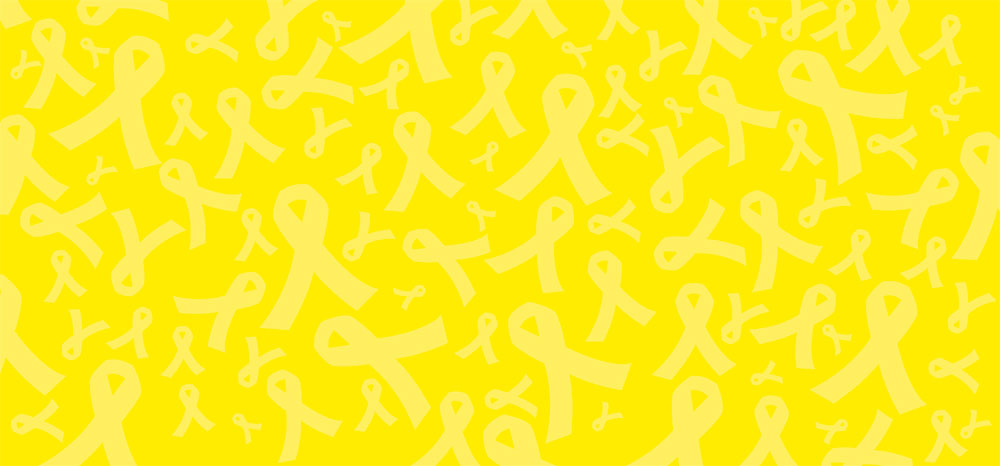September 10 was National Suicide Prevention Day, celebrated across the US to spread awareness about the suicide and mental health crisis that can devastate families. According to the CDC, the national suicide rate increased by 30% from 2000 to 2020. This alarming increase shows the growing need to advocate for suicide prevention, and you might be wondering if there’s anything you can do to spread awareness. Here are some key takeaways from National Suicide Prevention Day to keep in mind as you advocate for mental health and use your voice to help those who are struggling.
Speak With Compassion
Too often, people think that it’s helpful to reframe suicide as a selfish, cowardly act instead of the result of a history of untreated mental health issues. Although it might be tempting to express this attitude since suicide can greatly harm families and communities, it’s important to show compassion to people who have attempted or died from suicide. You won’t be encouraging the act by showing care and sensitivity to those who’ve grappled with it, and eliminating shame and stigma is an essential part to preventing suicide.
Normalize Treatment Methods
Another way to re-frame how you talk about mental health is normalizing therapy as a healthy and shame-free avenue for seeking help. It’s important to recognize the loneliness that people struggling with depression or suicidal ideation must feel, and showing support for seeking therapeutic interventions can make a huge difference for someone struggling.
Support Those Disproportionately Affected
According to the National Institute of Mental Health, in 2020 the suicide rate for men was nearly four times as high as that of women in the United States. One culprit contributing to the dramatic difference could be certain normalized behaviors that influence depression rates in men. For example, according to this article published in the Global Health Action journal, men are less likely to seek out mental health services, or utilize available resources than women. The research also found that there are statistical correlations between male depression with the body image, sexuality, social dominance and self-confidence issues that men often exhibit.
Signs To Look Out For
Because of these behavioral differences in men that greatly skew the statistics on depression and suicide for men, it’s important to pay attention to signs that suggest a man in your life is suffering from depression. This might look like men struggling with their body image, showing signs of confidence problems, or partaking in risky sexual behavior or heavy substance use. These were all behaviors correlated with depression in men according to the study.
How To Advocate
For this reason, you can help by donating to mental health initiatives, and getting involved to elevate programs that help people who are struggling. The Trevor Project, The Hope Squad, and Save.org are all organizations that work to prevent suicide and are need of donors and volunteers.
Behavioral Health Options
If you or someone in your life is struggling with major depression immediate help is important and available. Contact us today to speak to our knowledgeable admissions team about getting help now.
The National Suicide Prevention Lifeline can be reached by calling or texting 988 if you or someone you know needs immediate help for suicidal ideation.



